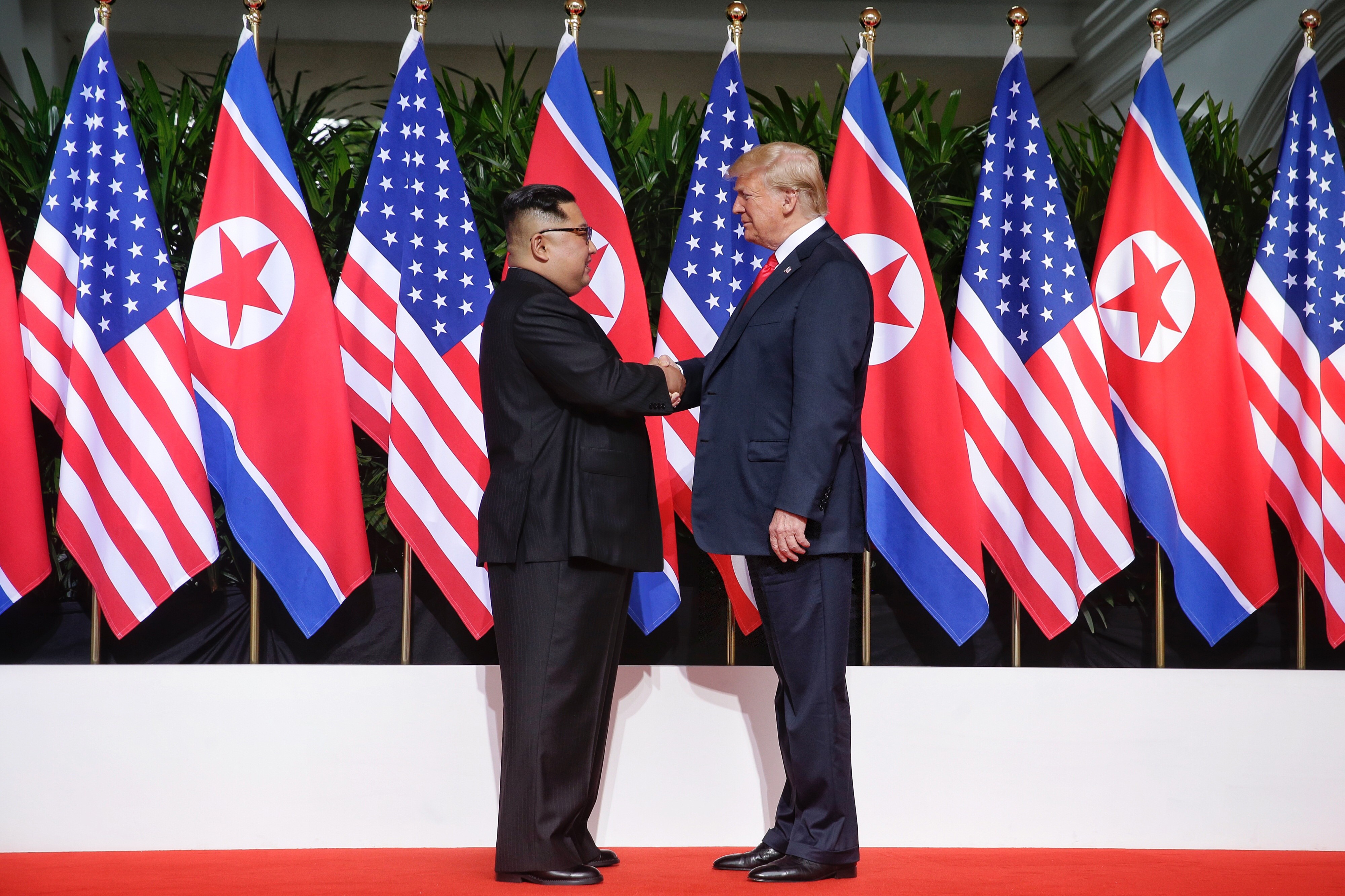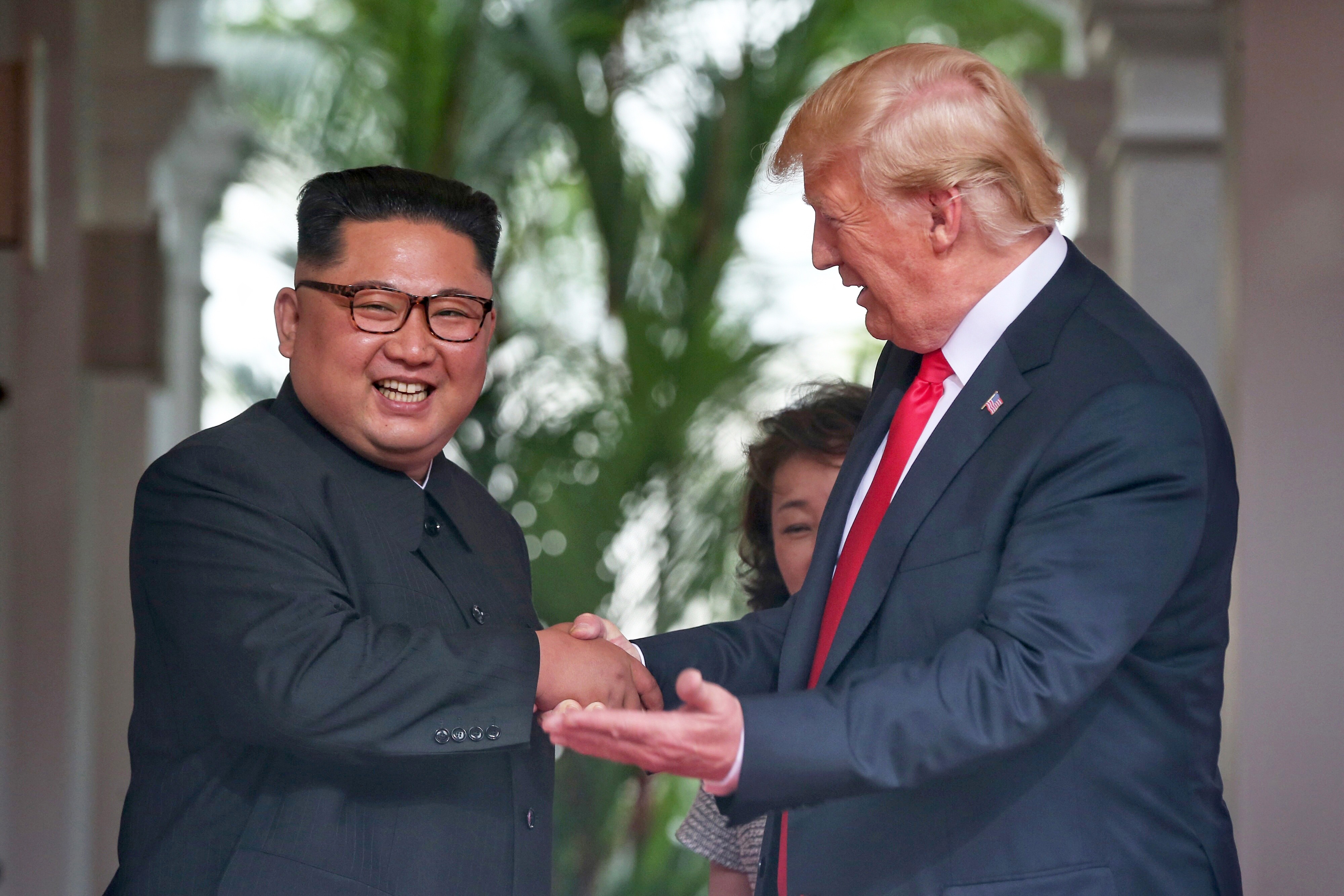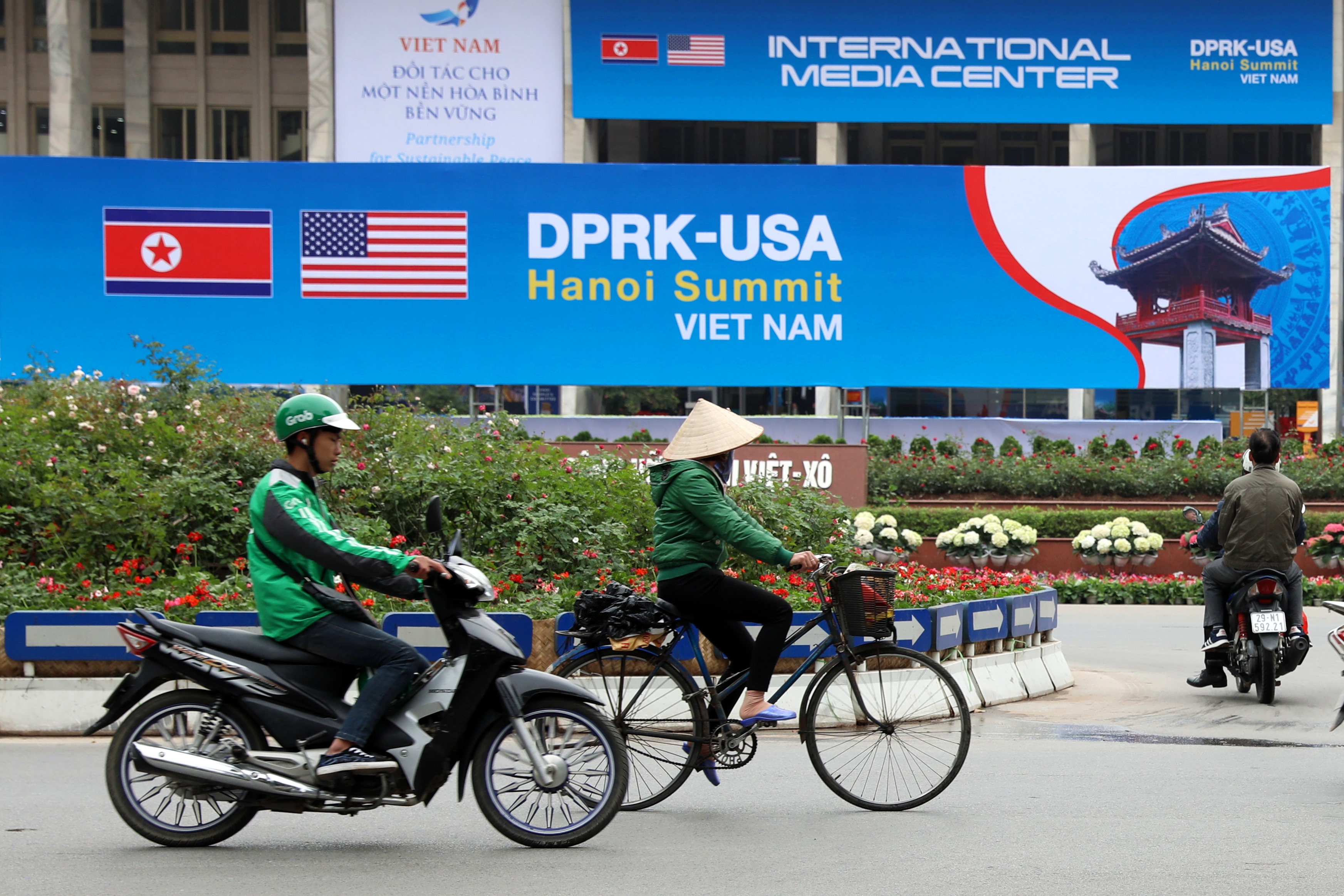Trump-Kim summit is a step towards peace
- By Sajjad Malik
 0 Comment(s)
0 Comment(s) Print
Print E-mail China.org.cn, February 25, 2019
E-mail China.org.cn, February 25, 2019

The coming second summit meeting between U.S. President Donald Trump and Kim Jong-un, top leader of the Democratic People's Republic of Korea (DPRK), raises expectations about achieving the long-term goal of denuclearization in return for re-engaging the DPRK in the mainstream through the lifting of sanctions.
The two leaders will meet Wednesday and Thursday in the Vietnamese capital Hanoi, the second direct meeting between them after the first last June in Singapore.
It is indeed a great opportunity to tackle the serious issue of removing the threat of nuclear war on the Korean Peninsula and offer a chance for total peace in Northeast Asia. However, the road to that cherished goal is long and tortuous.
The two sides should have been working on quiet diplomacy, yet it's not clear if they have managed to agree on some sticky points since the first summit.
Ideally, Trump would like to leave Hanoi with something tangible on nuclear disarmament. He needs a breather from the stifling domestic confrontations and serious challenges ahead of next year's presidential elections.
What he wants to get from Kim, who also wants to fill his goodie bag, is to show the people back home he is not engaging in these talks for nothing.
The efforts to strike a denuclearization deal is not going to come in one go. It is a process starting from a commitment and ending in elimination of the wherewithal to develop and launch a nuclear weapon.

The outcome of Singapore meeting was termed as vague, but was still a success because the two leaders agreed in principle to work for a nuclear-free Korean Peninsula.
Before the first summit, Kim had declared a self-imposed moratorium on nuclear and missile testing, and has followed through, since there has been no testing since 2017.
So, eight months after the first summit, Kim seems to have been keeping his promise. Additionally, he has also shut down or destroyed some nuclear testing and missile launching sites.
If Kim offers an inspection of closed or de-activated sites during the second summit, it would be a big achievement. Trump would be able to claim success and go home asserting his gamble of opening talks is yielding results.
However, it's not one-way traffic, as Kim also needs some relief. Can Trump lift some of the sanctions in return of allowing independent inspection of closed nuclear sites? It is possible if he has already done his homework and taken regional allies like China on board.
The other option for Trump is an agreement to deliver substantial humanitarian aid to ward off the DPRK's economic difficulties. There should be no bar in aiding people in dire need.
Another mutually-beneficial step with wider regional implications would be to agree on a formal declaration ending the Korean War that still dangles on the slender thread of the armistice agreed in 1953. It may also have a cascading positive impact on relations between the two Koreas.

The summit also provides an opportunity for Kim to interact with Vietnamese leaders as he is likely to travel to Hanoi on Monday. This will be only the second such visit by a DPRK leader since that in 1964 by Kim II-sung in 1964, grandfather of the current leader.
Thus, the summit offers an opportunity for him to enter the mainstream, and there are other political and diplomatic benefits available if the summit produces positive results.
Kim will emerge as a leading regional leader if his efforts bring peace. His handling of ties with U.S. show he can transform the future of his people because he can take an initiative and sustain it.
It is win-win equation, as any deal with Kim will boost Trump's stature as peacemaker as he is also making good progress in Afghanistan and closer than ever to end more than 17 years of war.
Peacemaking is difficult and far more complicated art than making war. We should keep expectations about the outcome from the summit within limits, while acknowledging the fact the two men are meeting and talking about peace -- a big achievement if we recall the tension and warmongering during most of 2017.
Sajjad Malik is a columnist with China.org.cn. For more information please visit:
http://m.formacion-profesional-a-distancia.com/opinion/SajjadMalik.htm
Opinion articles reflect the views of their authors, not necessarily those of China.org.cn.
If you would like to contribute and have specific expertise, please contact us at opinion@china.org.cn.





